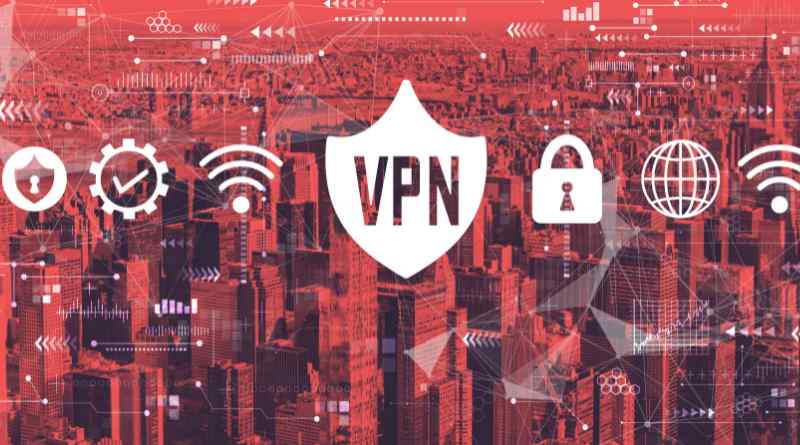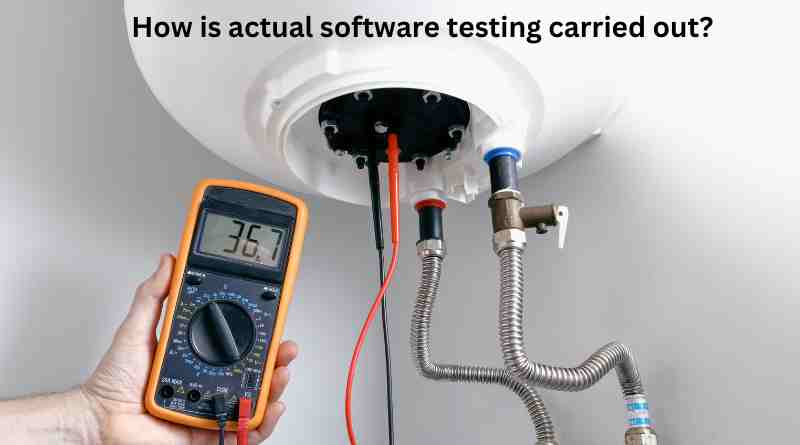How to Test Your VPN’s Speed

In today’s digital age, a Virtual Private Network (VPN) is essential for safeguarding your online privacy and security. However, while VPNs encrypt your internet connection and protect your data, they can also impact your internet speed.
Understanding how a VPN affects your connection speed is crucial, especially if you rely on fast internet for streaming, gaming or professional work. Testing your VPN’s speed is therefore an important step to ensure you are not sacrificing too much performance for security. This blog will guide you through the process of measuring your VPN speed accurately.
Understanding VPN Speed
When you connect to a VPN, your internet traffic is rerouted through a secure server, potentially impacting your browsing speed. The speed of a VPN can be influenced by several factors. Firstly, the physical distance between you and the VPN server plays a crucial role. The greater the distance, the longer it takes for data to travel, leading to increased latency and slower speeds. Additionally, the load on the VPN server – how many users are sharing the server bandwidth – can also significantly affect performance.
Another critical factor is the type of encryption protocol used by the VPN. More robust encryption can provide better security but might slow down your connection as it requires more processing power to encrypt and decrypt data. Common protocols like OpenVPN, PPTP and L2TP/IPSec vary in their speed and security levels and choosing the right one can balance speed and safety effectively.
Understanding these elements is key to getting the most out of your VPN service, ensuring that you can enjoy both security and speed without significant compromises. By being aware of what affects VPN speed, you can make informed choices about which VPN service to use and how to configure it for optimal performance.
The Impact of a Slow VPN
Using a VPN that significantly reduces your internet speed can lead to a variety of frustrating issues that affect your online experience. One of the most noticeable impacts of a slow VPN is the buffering of videos. Whether you’re watching a movie on a streaming service or attending a video conference, slow speeds can cause interruptions that detract from the enjoyment and effectiveness of these activities.
In addition to streaming troubles, slow VPN speeds can also affect download times. This can be particularly problematic when downloading large files or using cloud services, where every second counts. Gamers are another group that can be severely impacted by lag, which is often exacerbated by slow VPN connections. In online gaming, where timing and quick responses are crucial, even a slight delay can mean the difference between winning and losing.
Therefore, it’s important to ensure that your VPN provides a good balance between security and speed. A VPN that significantly slows down your connection might not be the best choice if it interferes with your day-to-day activities online. Ensuring your VPN maintains an acceptable speed is essential for a seamless and enjoyable online experience.
How to Test Your VPN’s Speed
Testing your VPN’s speed is a straightforward process that helps you understand how much your internet performance is being impacted. Here’s how you can accurately measure the speed of your VPN:
- Test Your Regular Internet Speed: Before connecting to your VPN, use a speed test website such as Speedtest by Ookla to check your current internet speed. This will provide a baseline for comparison.
- Connect to Your VPN: Once you have your baseline, connect to your VPN and choose a server. Try to select a server that you frequently use or one that is in a location similar to the servers you normally connect to.
- Perform the Same Speed Test: With your VPN connected, go back to the speed test website and run the test again. This will give you a new set of results showing your internet speed while using the VPN.
- Compare the Results: Look at both sets of speed test results. The key metrics to focus on are:
- Download Speed: How fast you can pull data from the server to you. Important for streaming, downloading files and loading webpages.
- Upload Speed: How fast you can send data from your device to the server. Crucial for sending emails, video calling and online gaming.
- Ping (Latency): The reaction time of your connection—how quickly you get a response after you send out a request. A lower ping means a more responsive connection.
Consider the Variability: Remember that some fluctuation in speed is normal due to changes in network congestion and server load. If the speed is consistently much slower with the VPN than without, there may be an issue with the VPN’s performance.
Understanding these results can help you decide if your VPN is fast enough for your needs or if you might need to try a different server, adjust settings or switch to a different VPN provider for better performance.
Comparing Speeds Across Different VPNs
To optimise performance, consider testing multiple VPNs, ideally during free trials, to compare their speeds under similar conditions. Evaluate the performance of different servers within these VPNs, especially in regions you frequently connect to. Observe how the speeds vary during different times and situations, such as during peak internet traffic hours.
While speed is important, also balance it with other features like security, server availability, ease of use and customer support. This approach helps you select a VPN that provides both optimal speed and comprehensive security.
Stay Swift and Secure
Regularly testing your VPN’s speed is crucial to ensure you’re getting the best balance of security and performance. By understanding and monitoring how your VPN affects your internet speed, you can make informed decisions about which service to use or what settings might need adjustments.
Remember, a good VPN should enhance your online privacy without significantly hindering your internet experience. Keep your online activities smooth and secure by staying proactive about your VPN’s performance.







